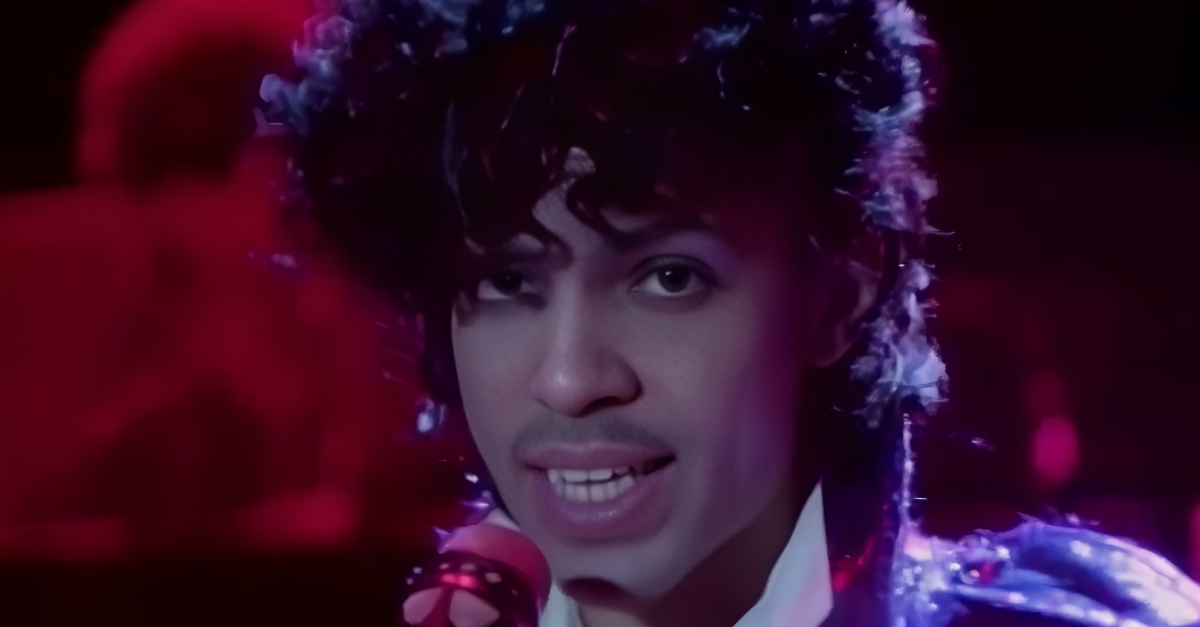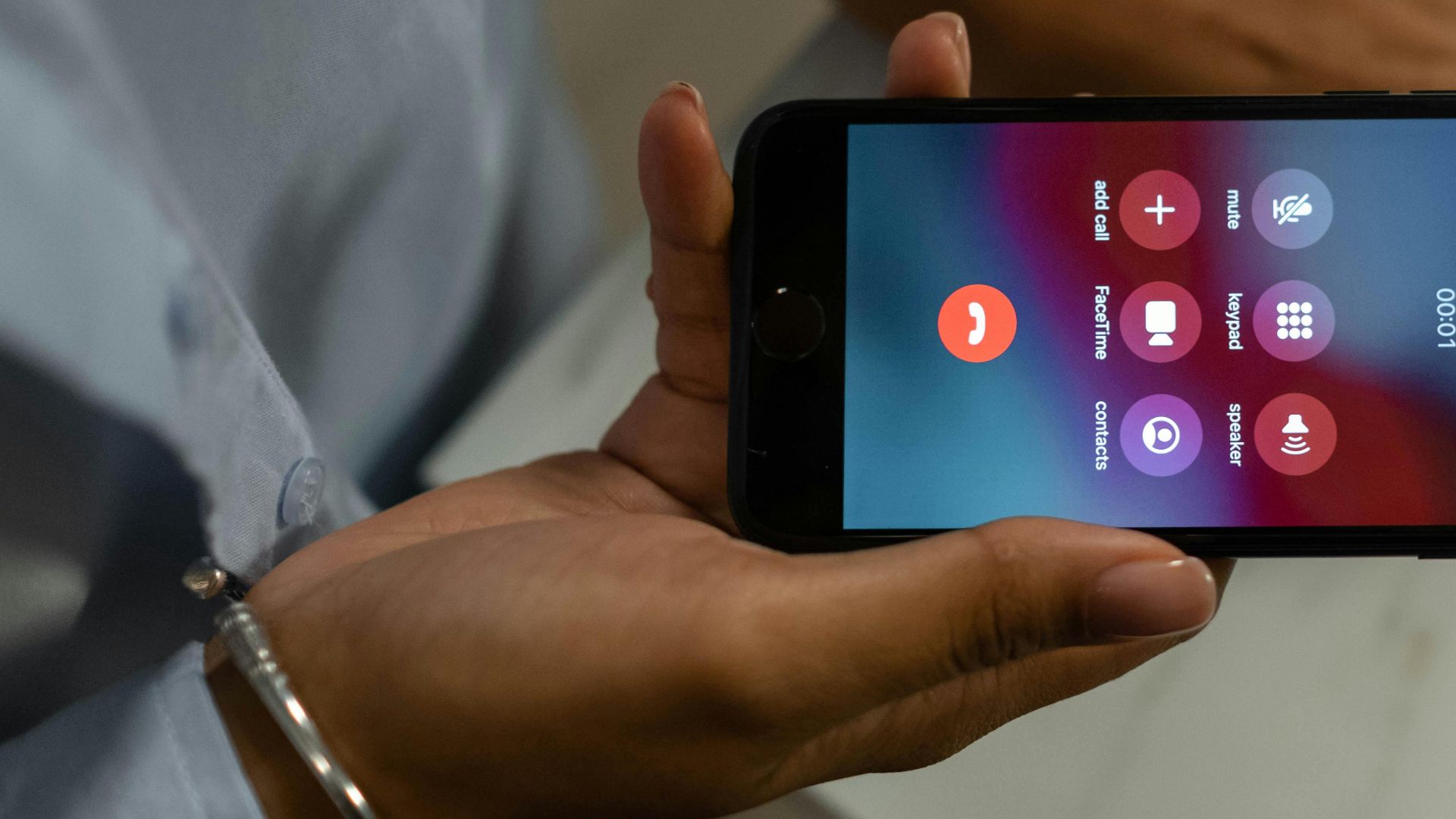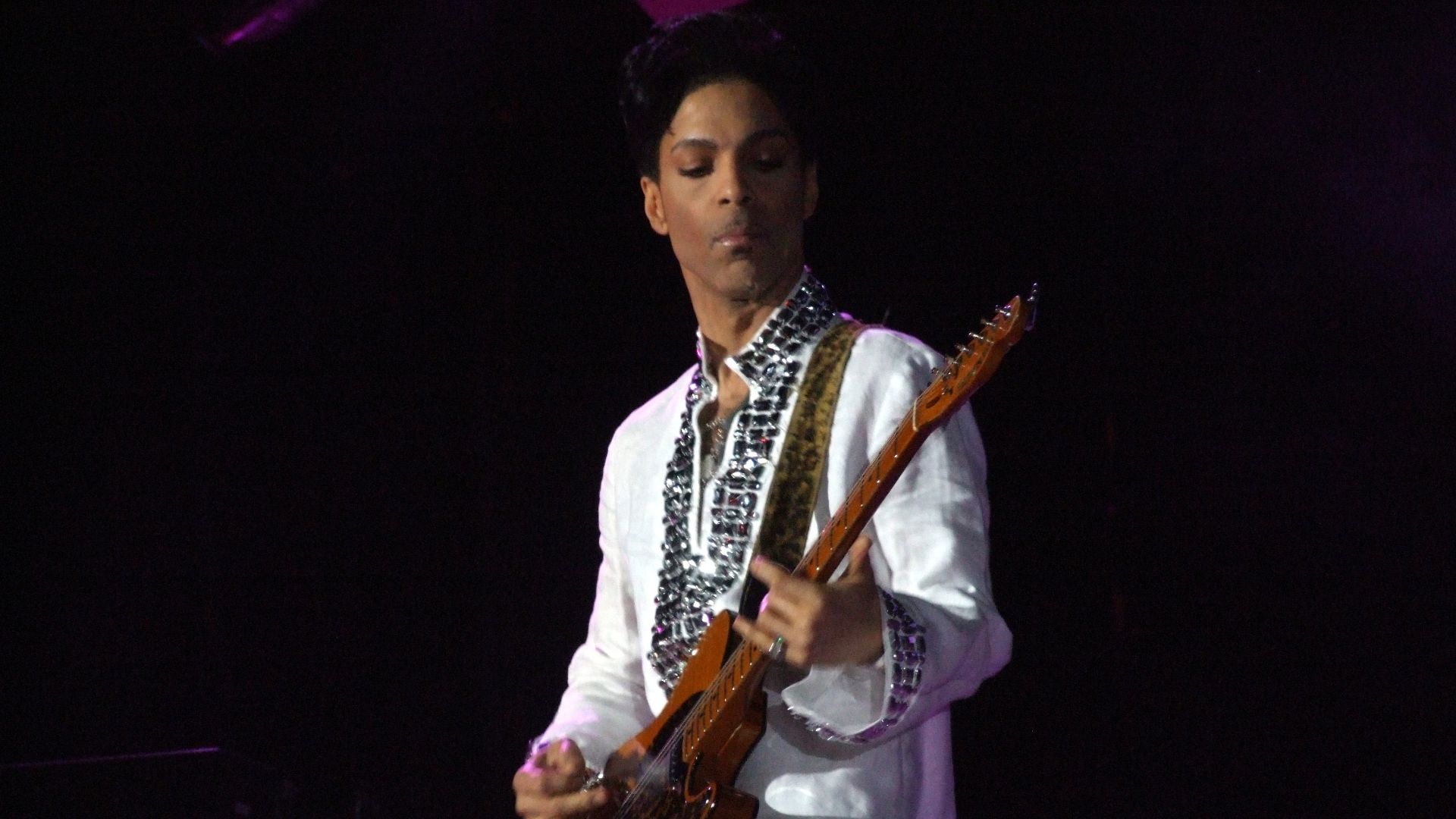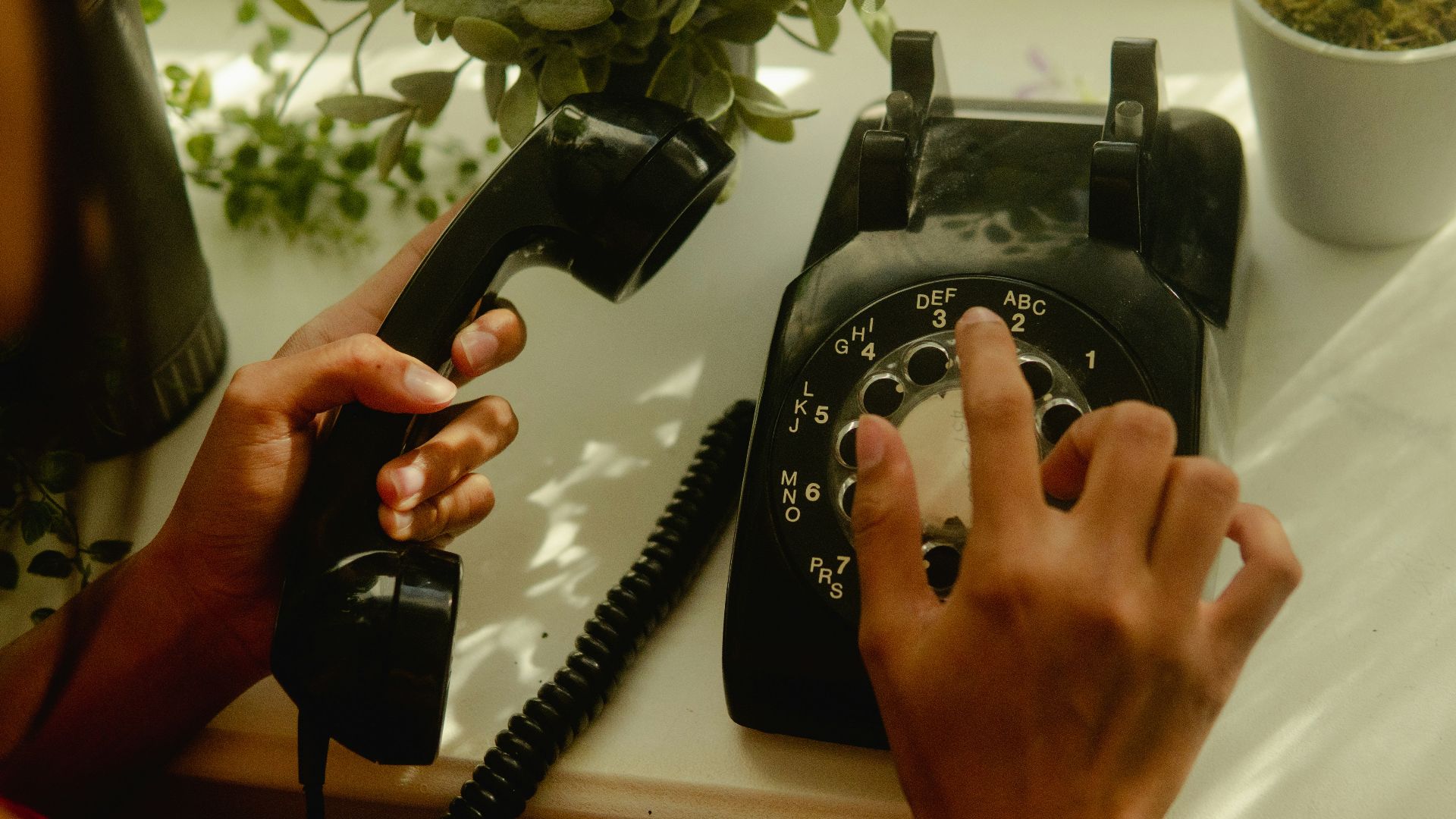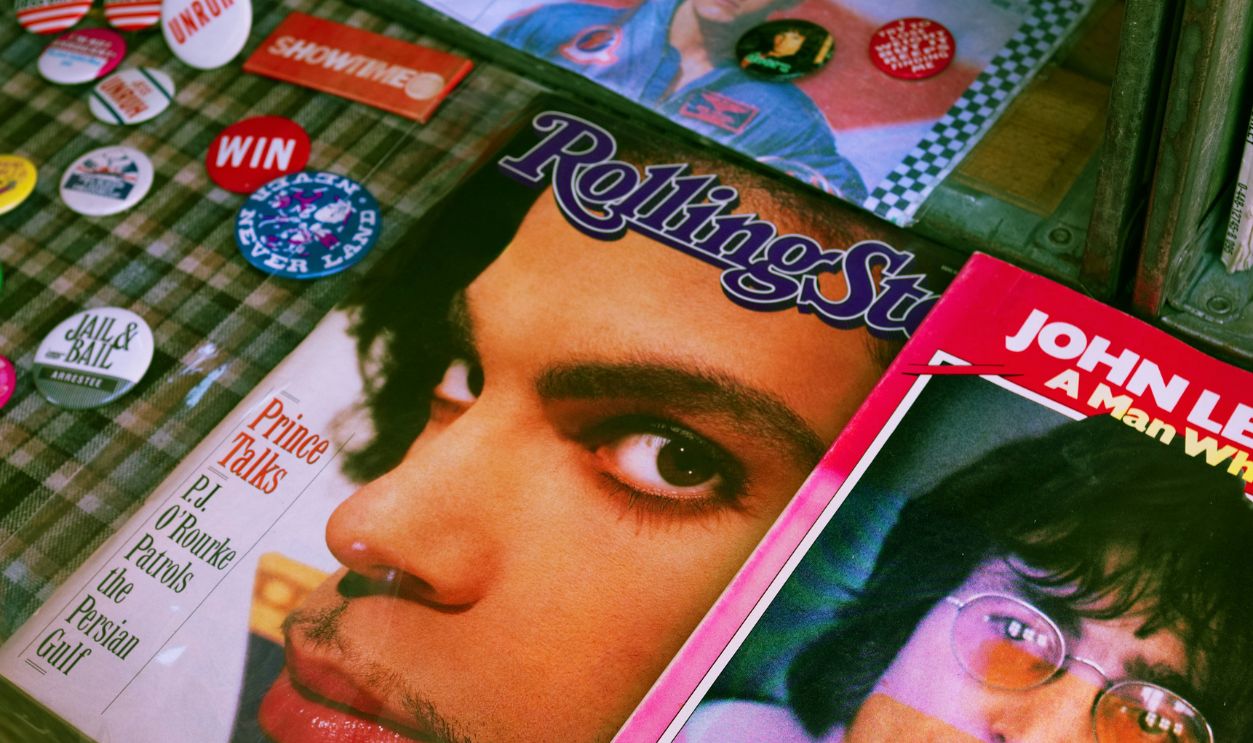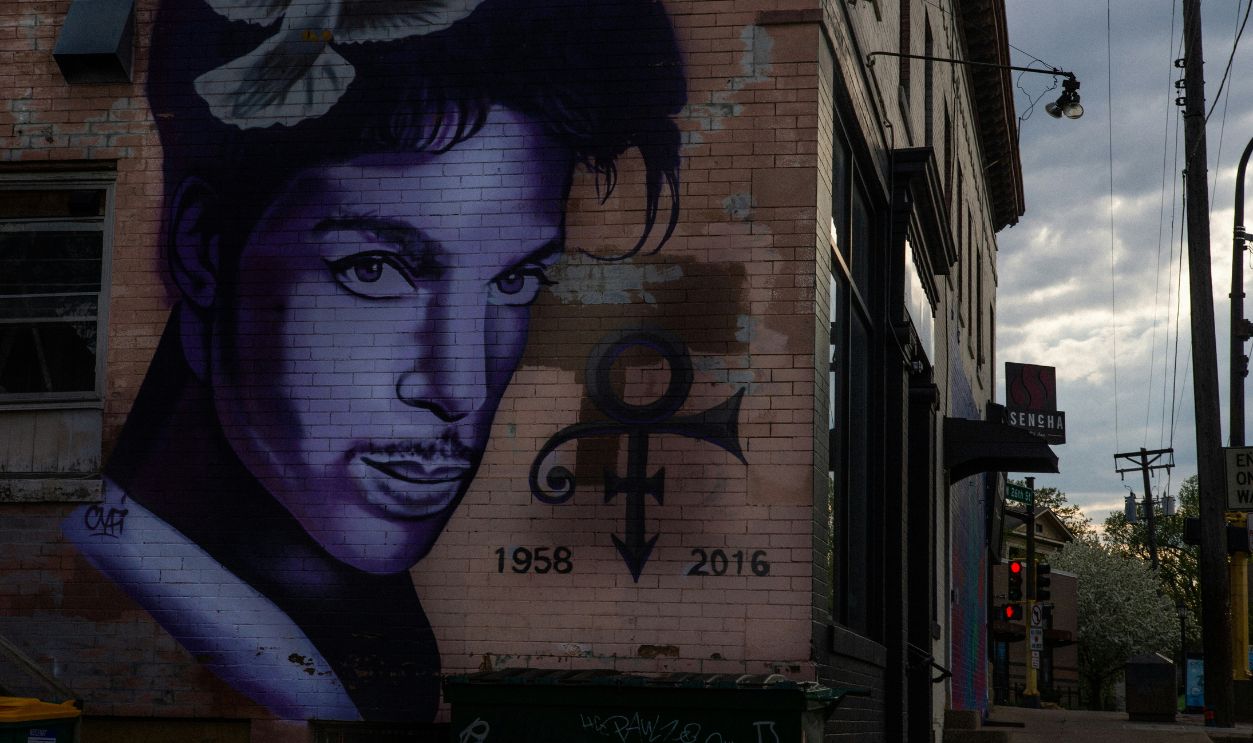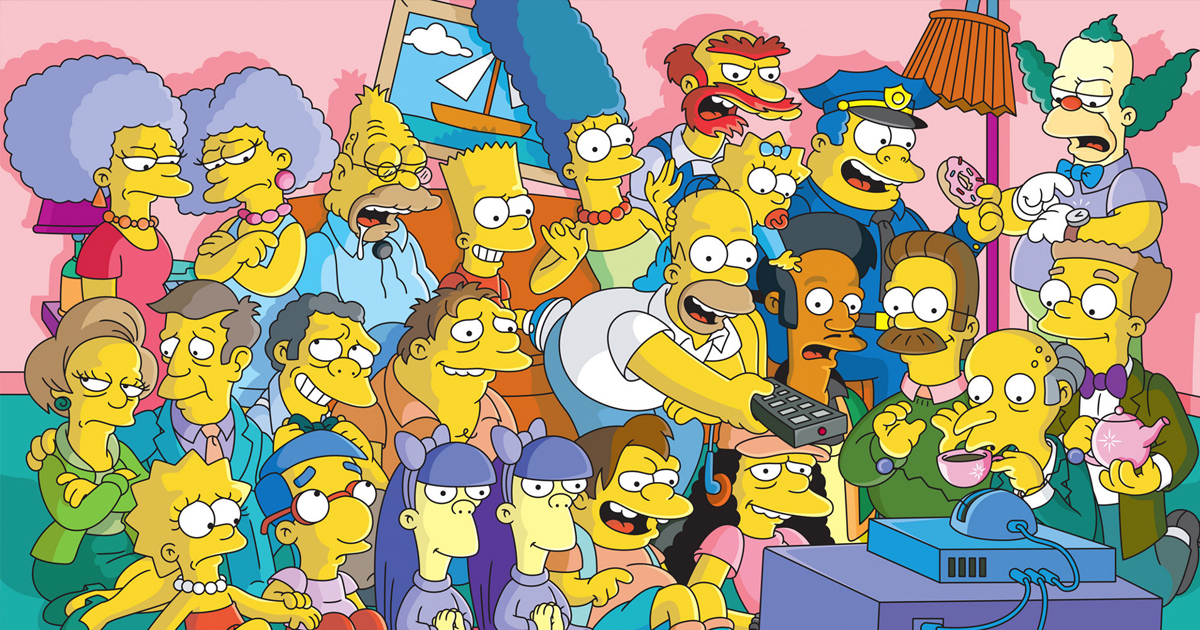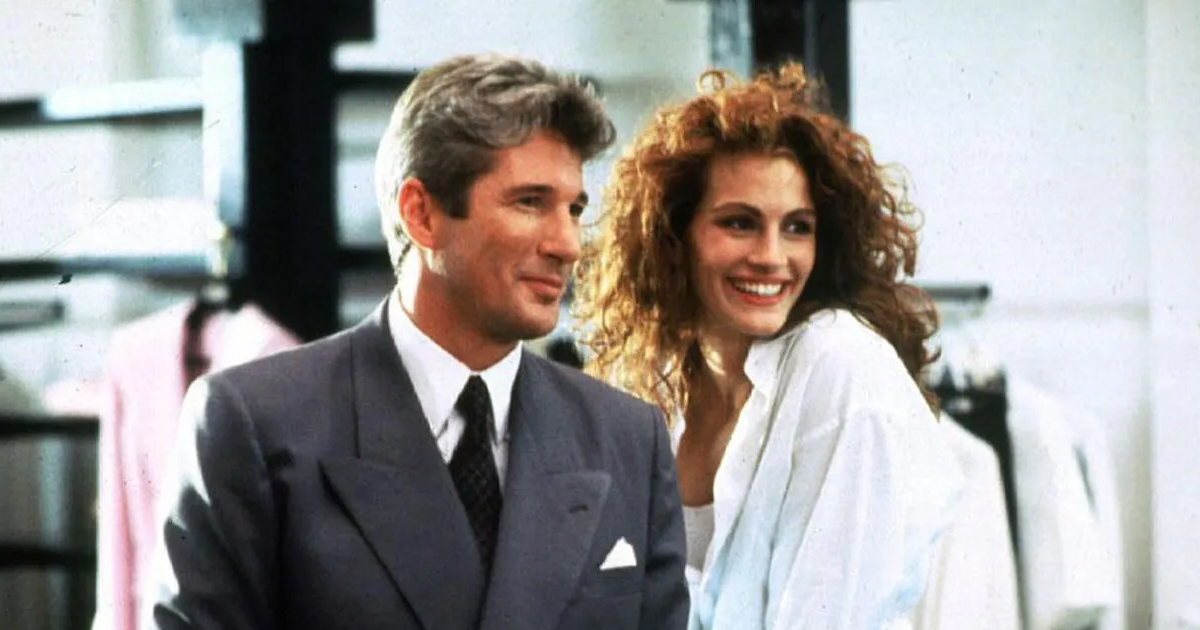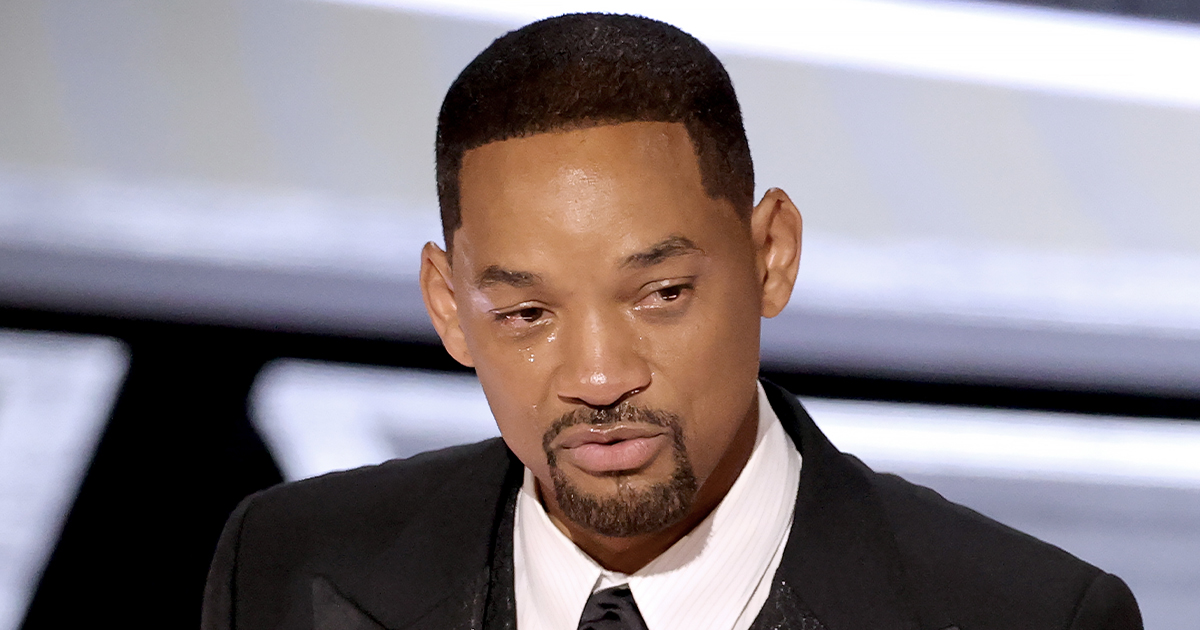The Genius and The Ego
Prince’s talent was undeniable—his guitar solos, songwriting, and stage presence made him a global icon. But behind the purple curtain, working for him could be a nightmare.
Former bandmates, staff, and collaborators have painted a picture of an artist whose perfectionism bordered on cruelty, whose ego demanded constant obedience, and whose whims could change in a second. Here’s what it was really like to work with the Purple One.
“You’re Nobody Until You’ve Been Fired by Prince”
In the music world, there’s a long-running industry saying: "You’re nobody until you’ve been fired by Prince." Nearly everyone in his orbit was dismissed at least once, whether for missing a note, showing up late, or simply falling out of favor. Being fired by Prince could be career-ending—or strangely, a badge of honor that you’d been close enough to his brilliance to even get fired.
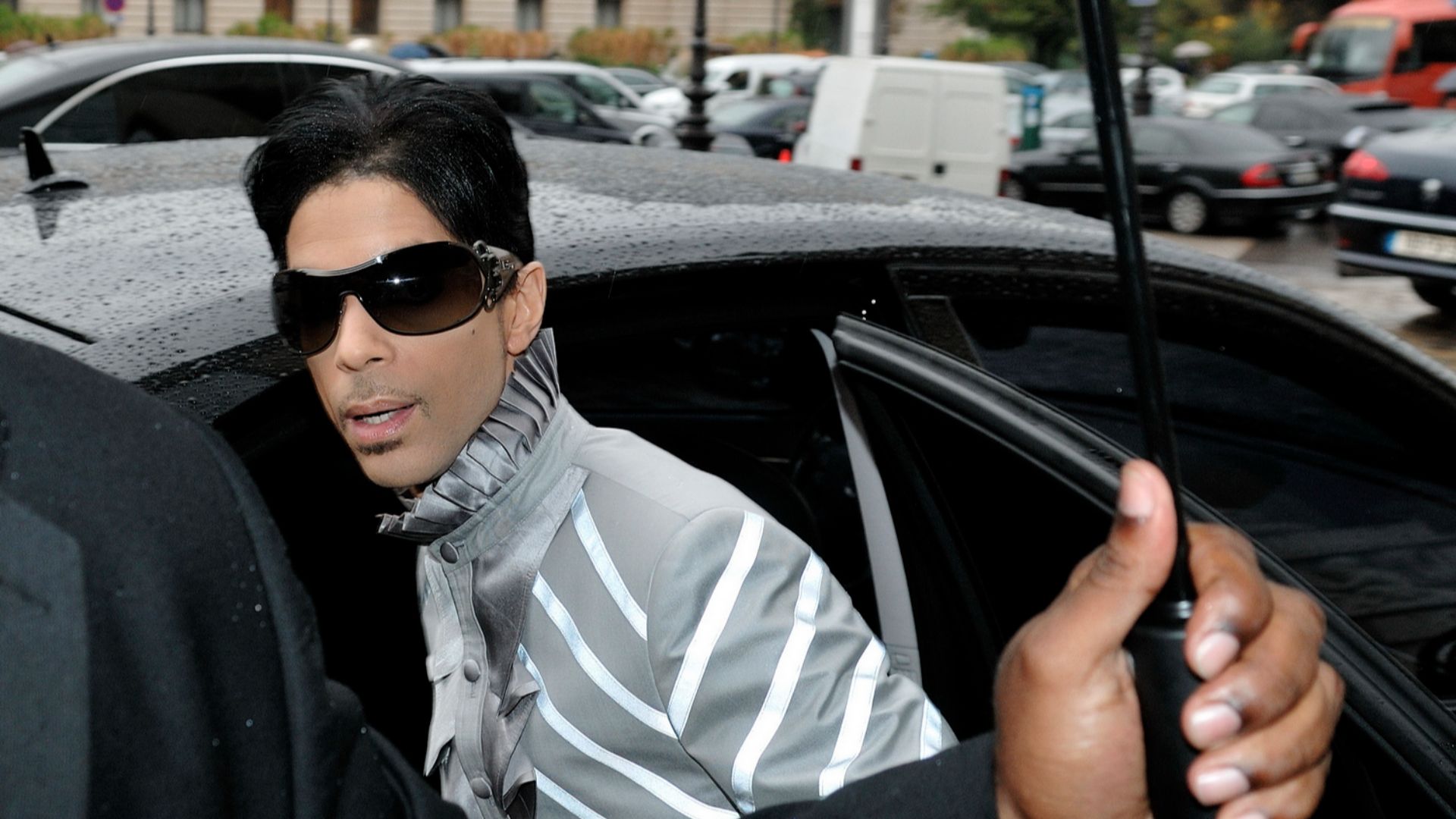 nicolas genin, Wikimedia Commons
nicolas genin, Wikimedia Commons
Sudden Firings Were Normal
If Prince didn’t like your vibe, you were out—sometimes even mid-tour. Guitarist Dez Dickerson left during 1999, singer Alexander O’Neal was dismissed before The Time recorded their debut, and even big names like Questlove got cut from gigs.
There was rarely a warning. One day you were on stage with a legend; the next, you were on the sidewalk wondering what happened.
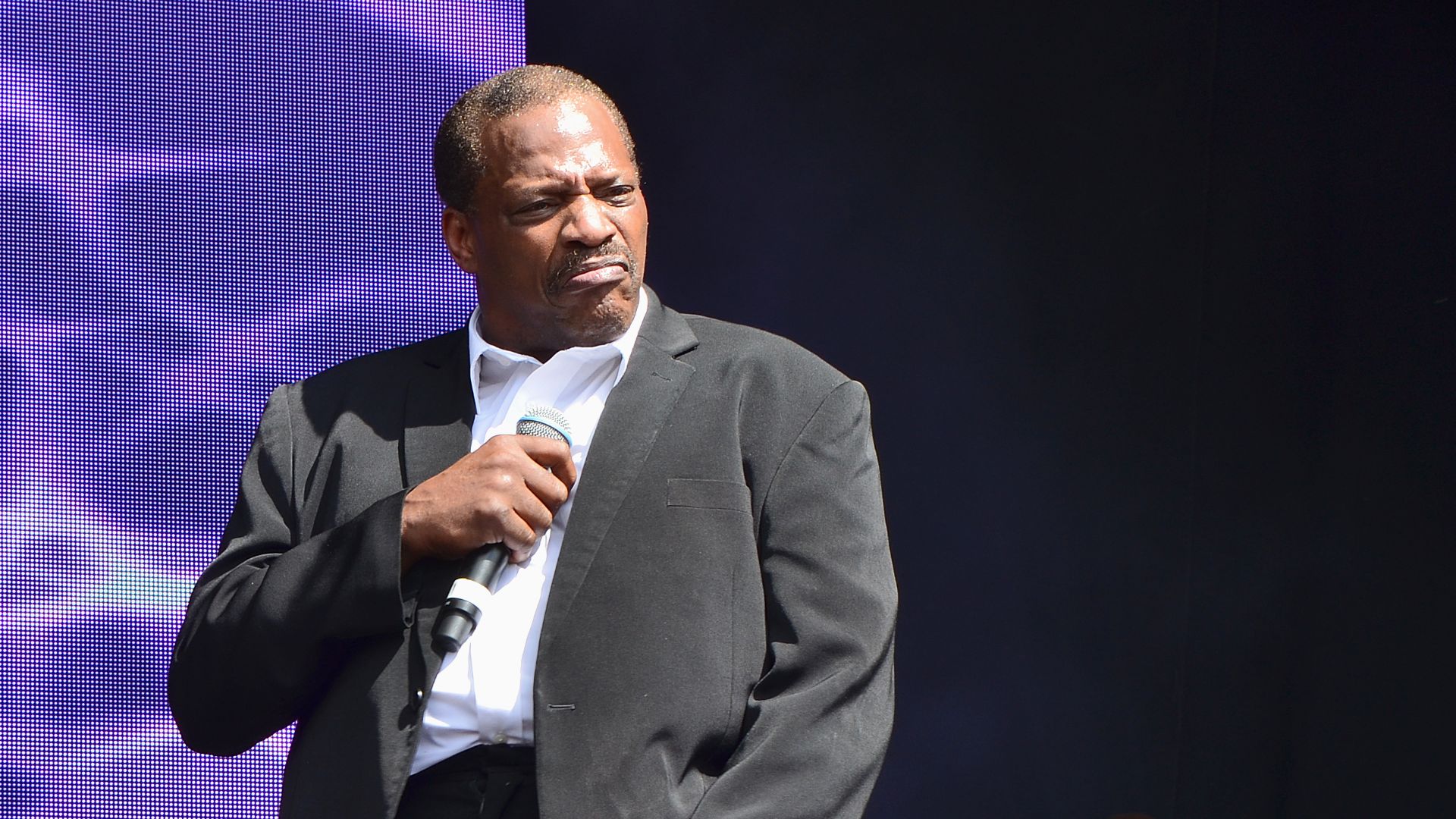 Andrew Hurley from Wallasey, England, United Kingdom, Wikimedia Commons
Andrew Hurley from Wallasey, England, United Kingdom, Wikimedia Commons
Pushing People to Their Limits
Prince had bottomless energy and expected the same from those around him. Twenty-hour days in the studio weren’t unusual. Collaborator David Z recalled: “He’d jump around between stations while expecting everyone to work as super-fast as he did… If someone didn’t, there’d be hell to pay.”
Under Prince, burnout wasn’t a risk—it was practically a requirement.
Rehearsals Like Boot Camp
Rehearsals weren’t just practice—they were discipline drills. Engineer Susan Rogers compared him to a military general. Musicians ran songs until every detail matched his vision. Miss a cue? Start over. Show fatigue? Work harder.
Prince believed relentless preparation separated the good from the great, but to those in the room, it could feel like a battlefield—and it was a battle that Prince never lost.
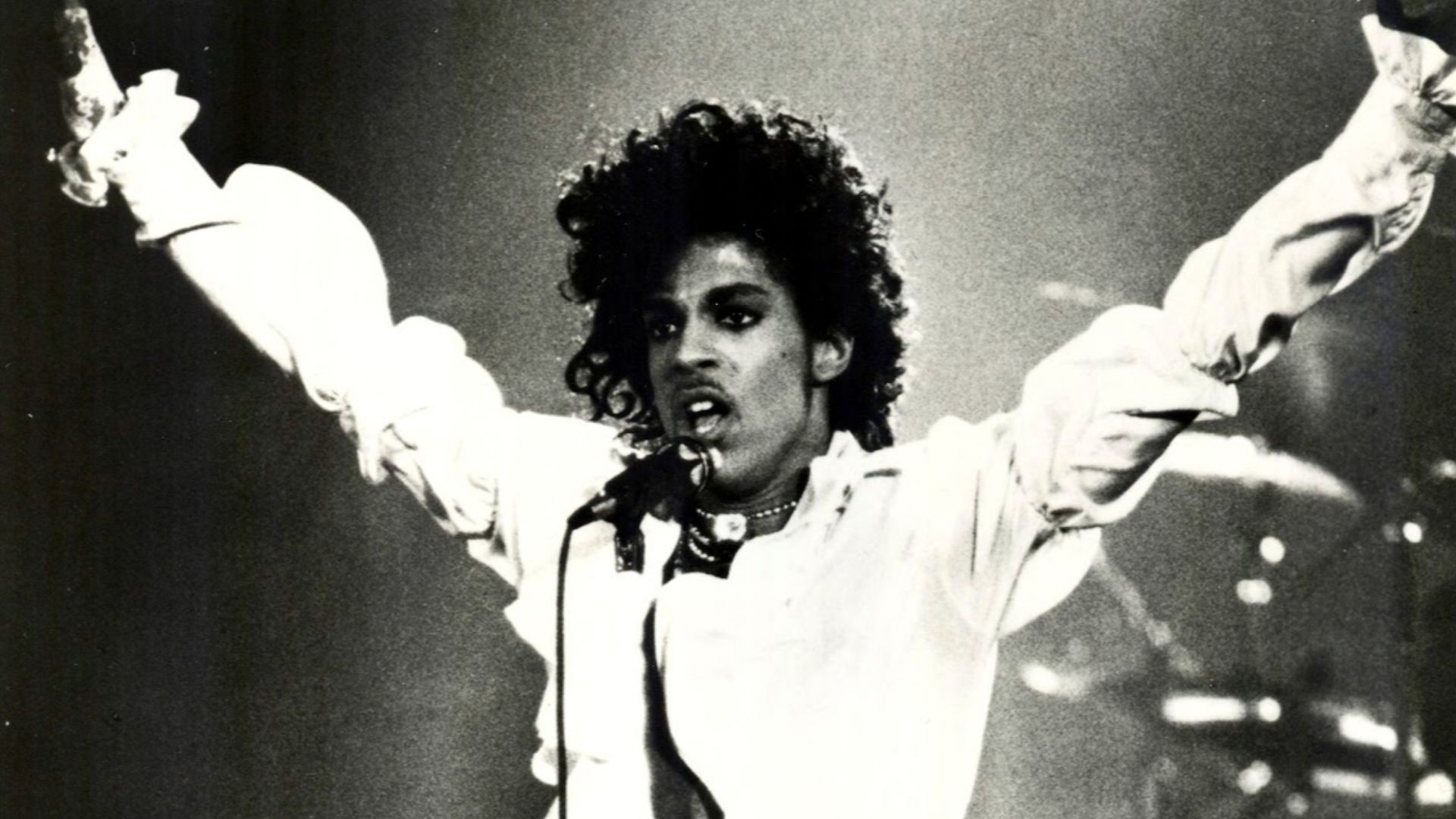 Distributed by Warner Bros., Wikimedia Commons
Distributed by Warner Bros., Wikimedia Commons
Rules That Changed Overnight
Prince had rules, but they were subject to his mood. One day you could joke with him, the next you’d be reprimanded for speaking without permission. Some staff were told not to make eye contact. Others were expected to respond instantly to calls at 3 a.m.
His unpredictability kept everyone on edge—because you never knew which Prince you’d get.
Always Keeping People Guessing
No one could anticipate Prince’s next move. He’d scrap a setlist moments before a show or add a new song nobody had rehearsed. He could cancel entire performances if something felt off. For his audience, that spontaneity was thrilling. For his crew, it was panic-inducing. Working for Prince meant being ready for anything—and knowing “anything” could happen right now.
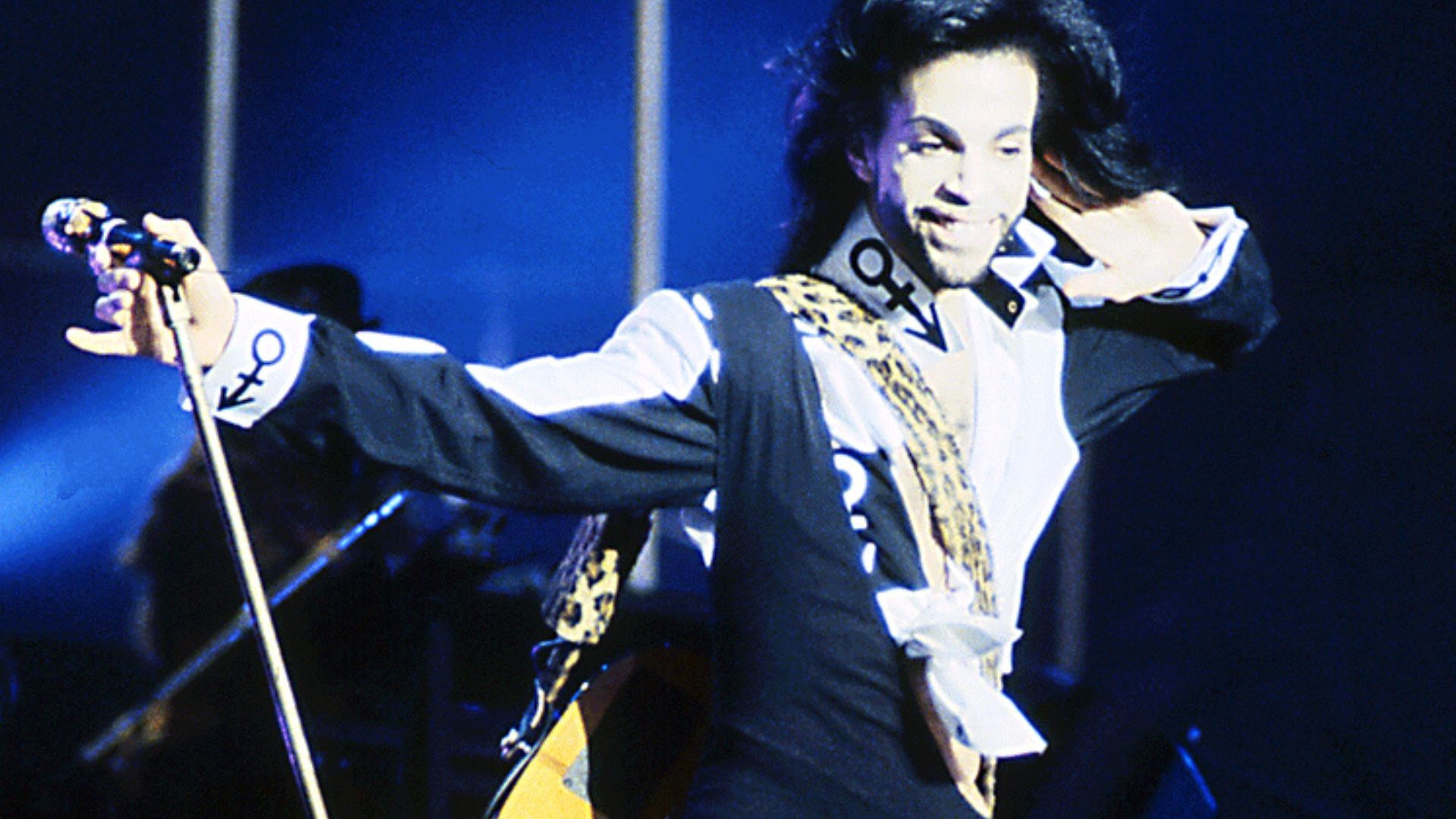 jimieye from flickr.com - https://www.flickr.com/photos/jimieye/, Wikimedia Commons
jimieye from flickr.com - https://www.flickr.com/photos/jimieye/, Wikimedia Commons
Perfection Meant Constant Change
Prince’s perfectionism wasn’t about settling—it was about constant reinvention. That meant entire albums could be shelved, videos reshot, and costumes redesigned. Weeks of work could vanish overnight if his vision shifted. While it created unforgettable art, it also left staff and collaborators scrambling, unsure if today’s masterpiece would still matter tomorrow.
Testing Loyalty
Prince sometimes tested loyalty in unusual ways. Staff told stories of sudden, extreme demands—midnight errands, secret rehearsals, or being asked to drop personal plans for last-minute projects. Refusing wasn’t an option if you wanted to stay in his world. These “tests” kept people close—or pushed them out entirely.
The Music Came First
With Prince, everything bowed to the music. He expected absolute priority over personal lives. Birthdays, holidays, even funerals could be missed if work called. For him, music wasn’t just a job—it was the job. For those who shared his devotion, it was an intoxicating ride. For those who didn’t, it was a short one.
Control Was Non-Negotiable
Prince didn’t just oversee his music—he oversaw everything. From wardrobe to stage lighting to marketing copy, every decision flowed through him. Designers and directors often found themselves redoing projects multiple times. While the control led to a cohesive vision, it also meant everyone else’s creativity had to bend—or break—to fit his.
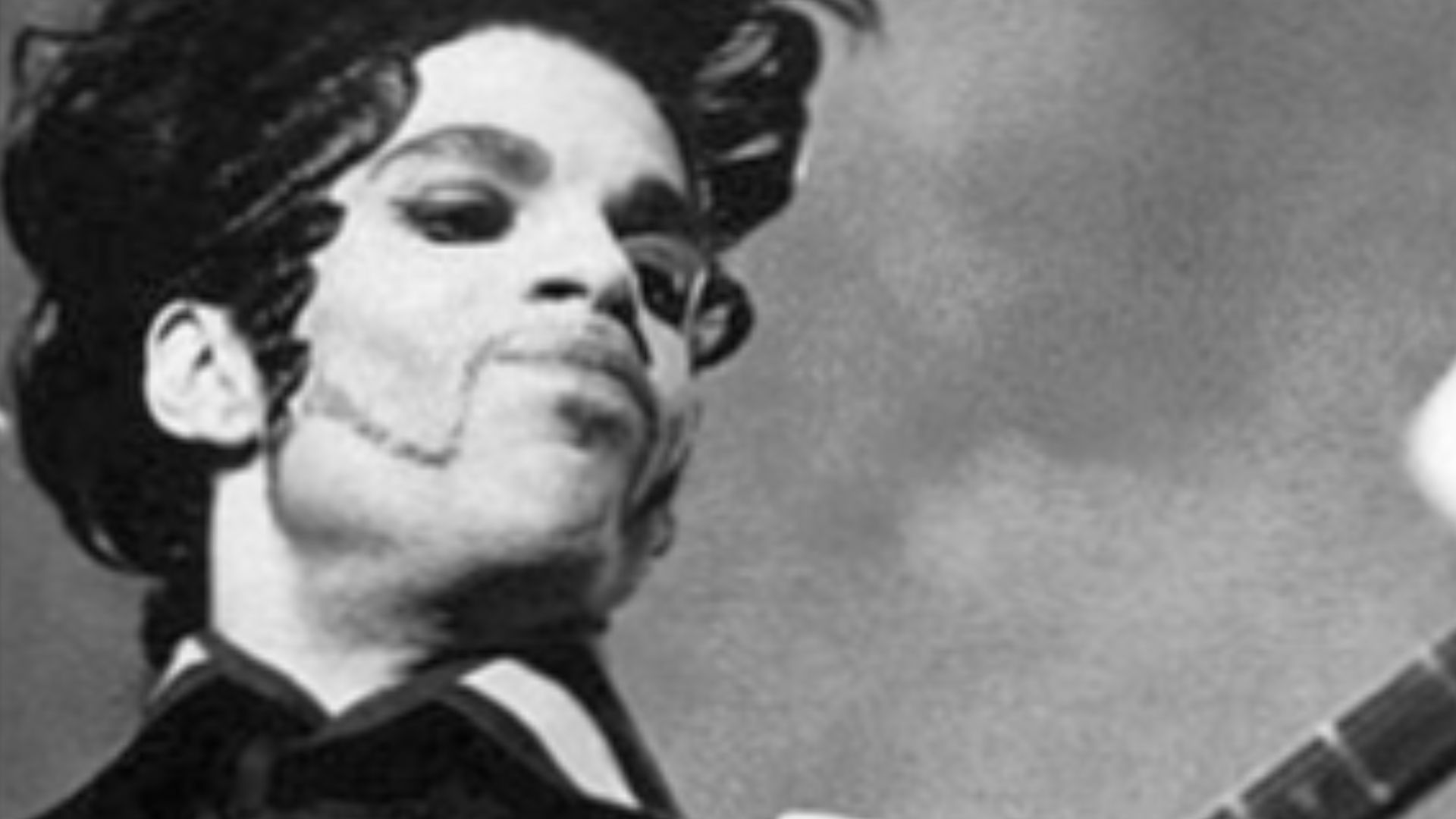 Levi Seacer, Wikimedia Commons
Levi Seacer, Wikimedia Commons
Outfits and Image Were Sacred
Prince’s style was as much a part of his brand as his songs. Wardrobe teams faced intense pressure to nail every detail—from lace cuffs to custom heels. A button in the wrong place or a fabric he didn’t like could mean starting from scratch. He expected his image to be perfect, because in his mind, Prince was never offstage.
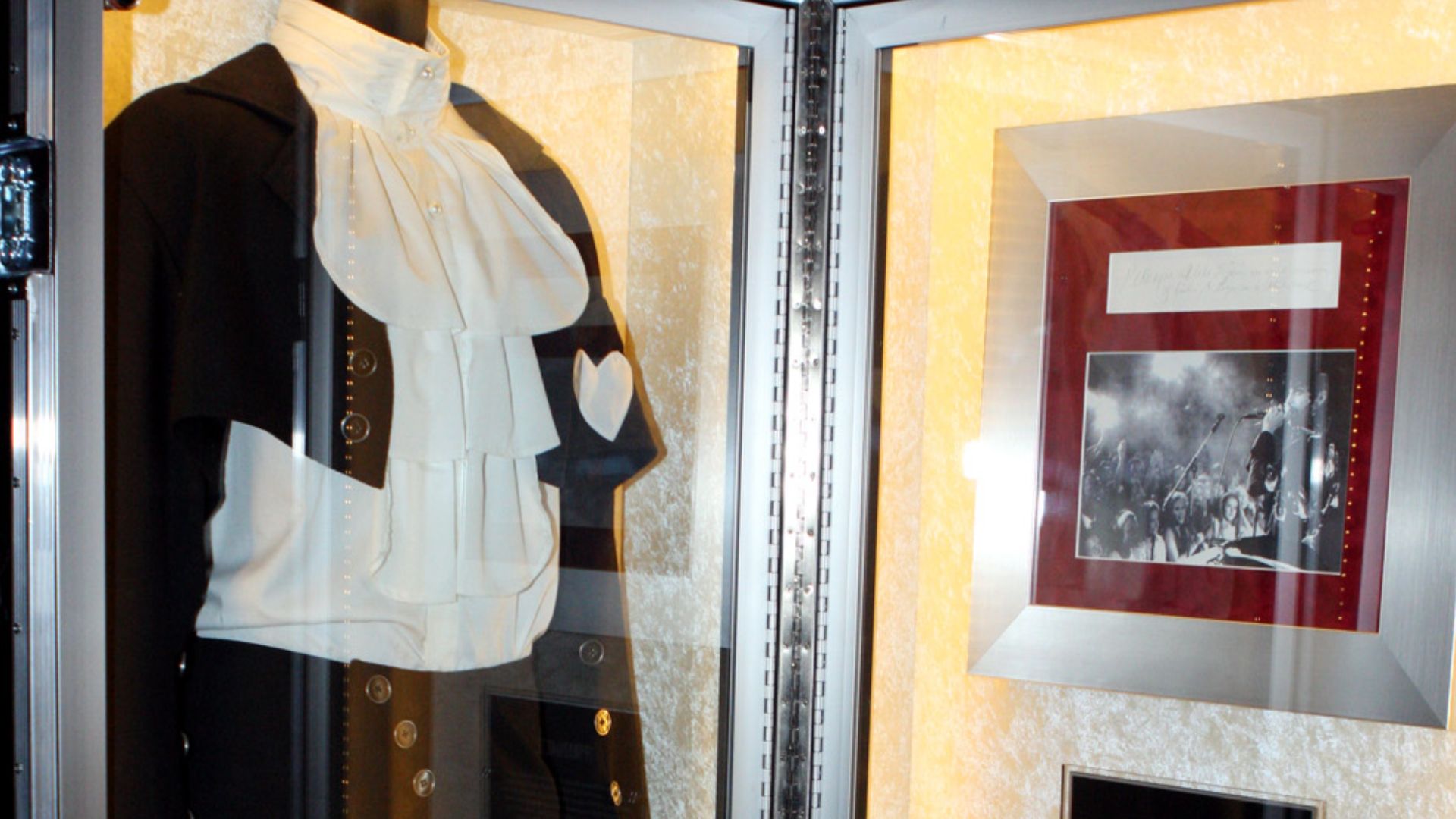 Eva Rinaldi, Wikimedia Commons
Eva Rinaldi, Wikimedia Commons
The Cost of Privacy
Prince valued privacy to the extreme. Staff signed strict NDAs, and breaking them could mean legal trouble. Photos without permission were forbidden. Even close collaborators rarely knew his personal schedule. This air of mystery fueled his legend—but for employees, it meant living under constant watch.
Staff Turnover Was Constant
Long-term staff were rare. Burnout, firings, and high-pressure demands meant people cycled in and out constantly. Some left willingly; others were pushed. Those who survived years in his circle were often the ones who could adapt to his unpredictability—and keep their mouths shut about it.
 Microbiz Mag, Wikimedia Commons
Microbiz Mag, Wikimedia Commons
A Demanding but Inspiring Mentor
Not all stories about Prince were harsh though. Prince could also be deeply inspiring.
He pushed musicians to play beyond their limits, encouraged staff to develop new skills, and sometimes rewarded loyalty with once-in-a-lifetime opportunities. For those who could handle the pressure, working with him could be life-changing in a good way.
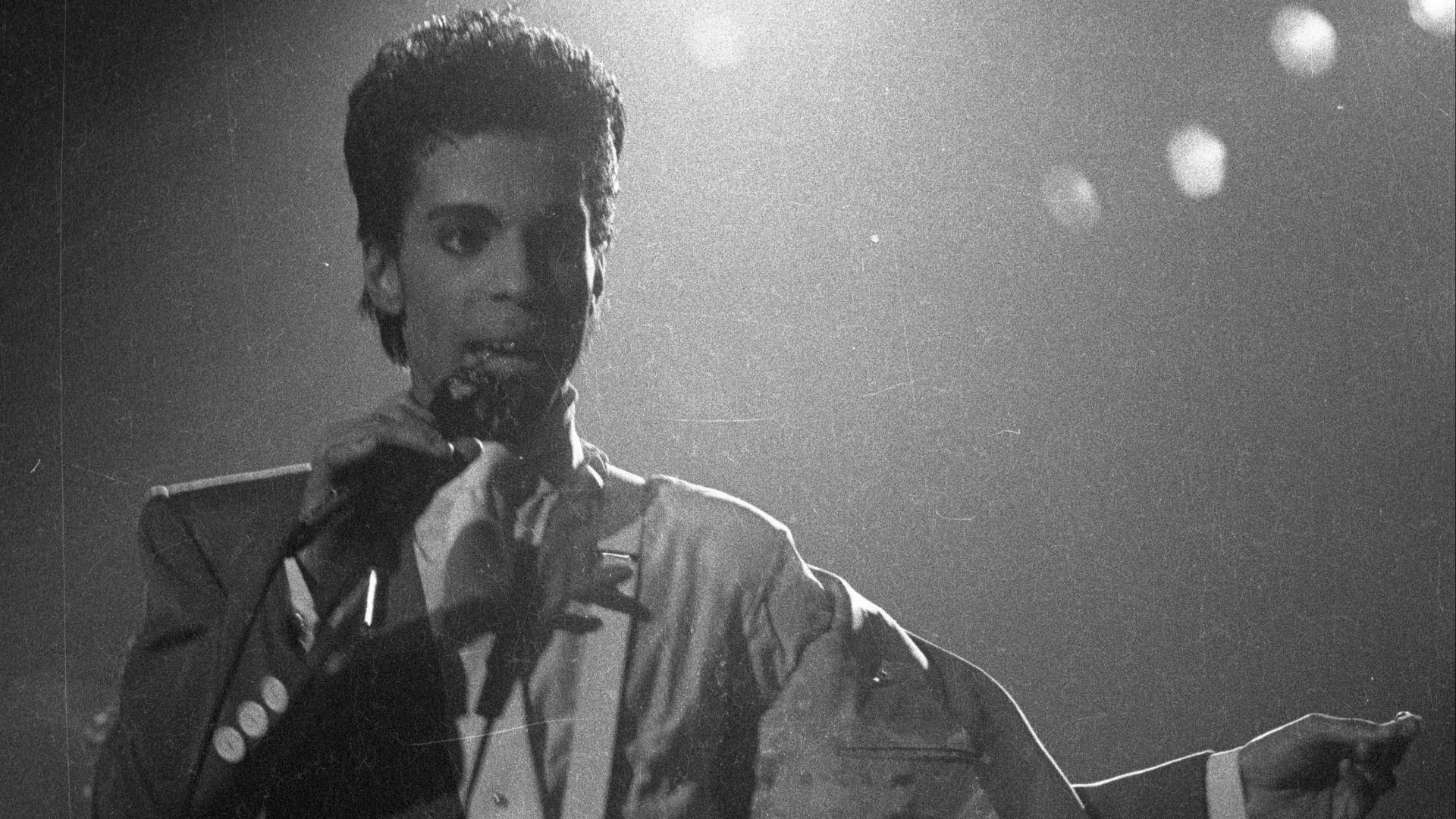 Yves Lorson, Wikimedia Commons
Yves Lorson, Wikimedia Commons
Musical Education on Steroids
Band members often described their time with Prince as the best musical education they’d ever get. He demanded they learn dozens of songs in different keys and styles. For some, this training opened doors to major careers after leaving his orbit. But the education came at a steep emotional and physical price.
 Prince - Purple Rain (Official Video), The Codfather
Prince - Purple Rain (Official Video), The Codfather
The Infamous Paisley Park All-Nighters
At Paisley Park, Prince’s private studio complex, work often began at midnight and continued until sunrise. He thrived in the small hours and expected everyone else to match his rhythm. These marathon sessions produced brilliance—but also frayed tempers, bleary eyes, and exhausted crews who stumbled home just as the rest of the world woke up.
 Bobak Ha'Eri, Wikimedia Commons
Bobak Ha'Eri, Wikimedia Commons
The Unpredictable Pay Structure
Prince paid well—sometimes. Some crew members recalled cash payments; others got unexpected bonuses. Just as often, budgets were tightened without warning. Working for Prince could be as unpredictable financially as it was creatively—another reminder that the only constant in his world was change.
 Photo By: Kaboompics.com, Pexels
Photo By: Kaboompics.com, Pexels
High Standards for Opening Acts
Prince had strict rules for th opening acts—sometimes banning press interviews or even certain songs. Some acts did well under these rules, while others found the restrictions stifling. He saw these limits as protecting his audience’s experience—but to the openers, it often felt like walking on eggshells.
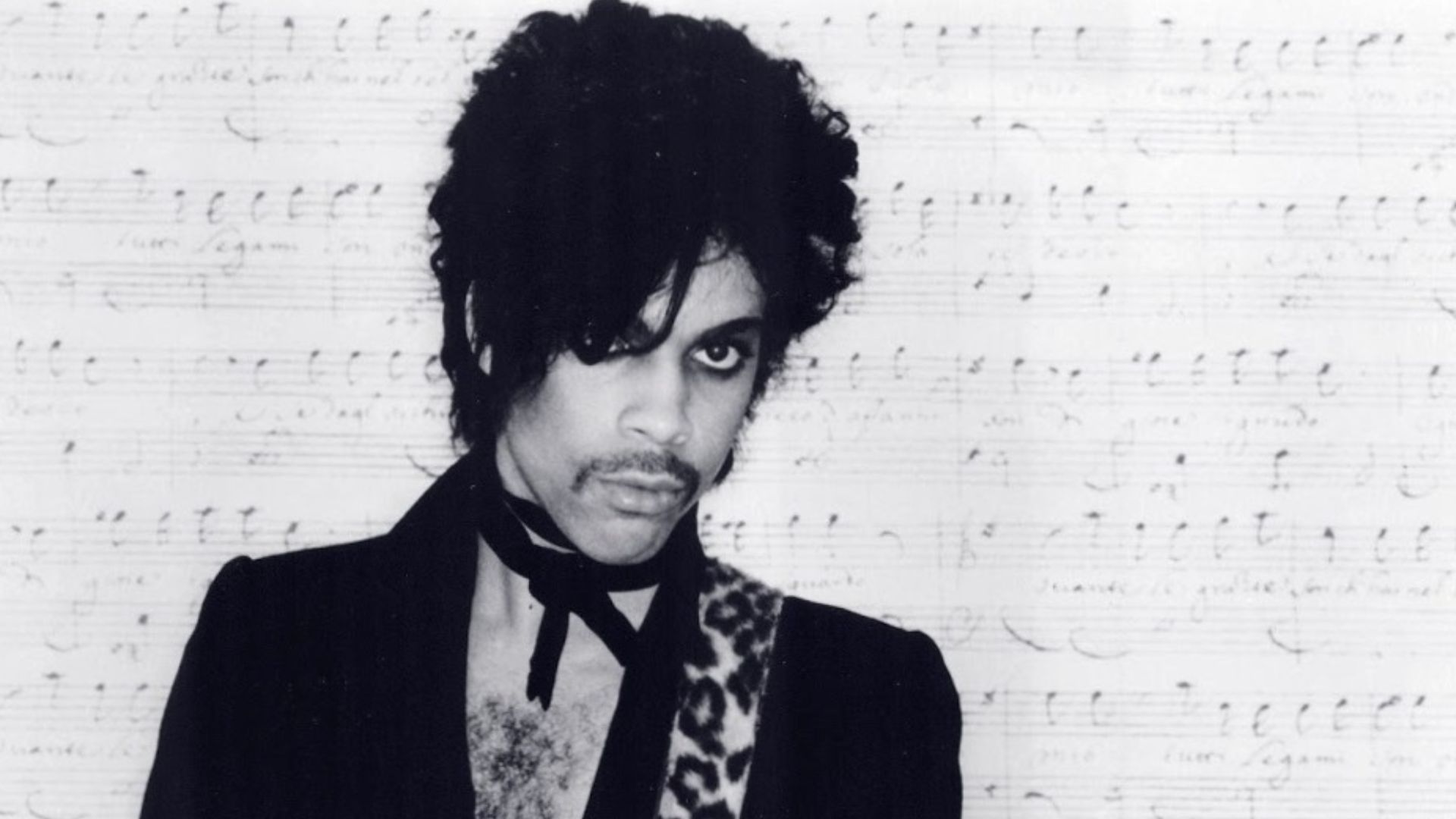 Allen Beaulieu; Distributed by Warner Bros. Records., Wikimedia Commons
Allen Beaulieu; Distributed by Warner Bros. Records., Wikimedia Commons
The “No Swearing” Rule
Despite provocative lyrics in his early career, Prince later enforced a no-swearing rule during some tours and rehearsals. Musicians could be reprimanded for casual profanity. It reflected his evolving spirituality—but also showed how his personal shifts became workplace rules overnight.
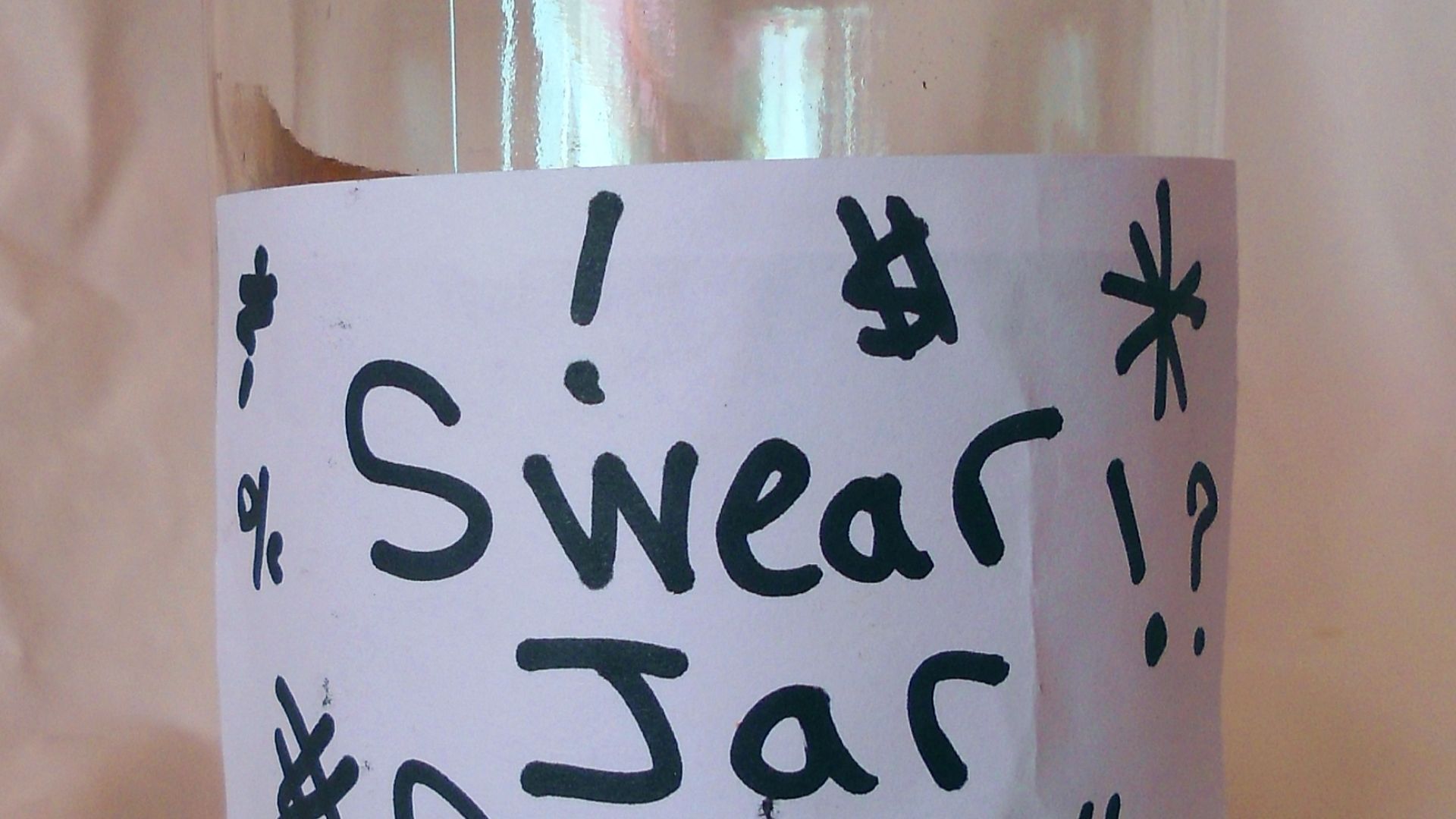 Anna Frodesiak, Wikimedia Commons
Anna Frodesiak, Wikimedia Commons
Acts of Kindness Amid the Chaos
Prince did have a soft side to him as well though—and could surprise people with generous acts: paying medical bills, buying instruments, or even helping with housing. These moments reminded staff why they stayed. The kindness was unpredictable; it didn’t erase the tension, but it proved there was a human being beneath the purple armor.
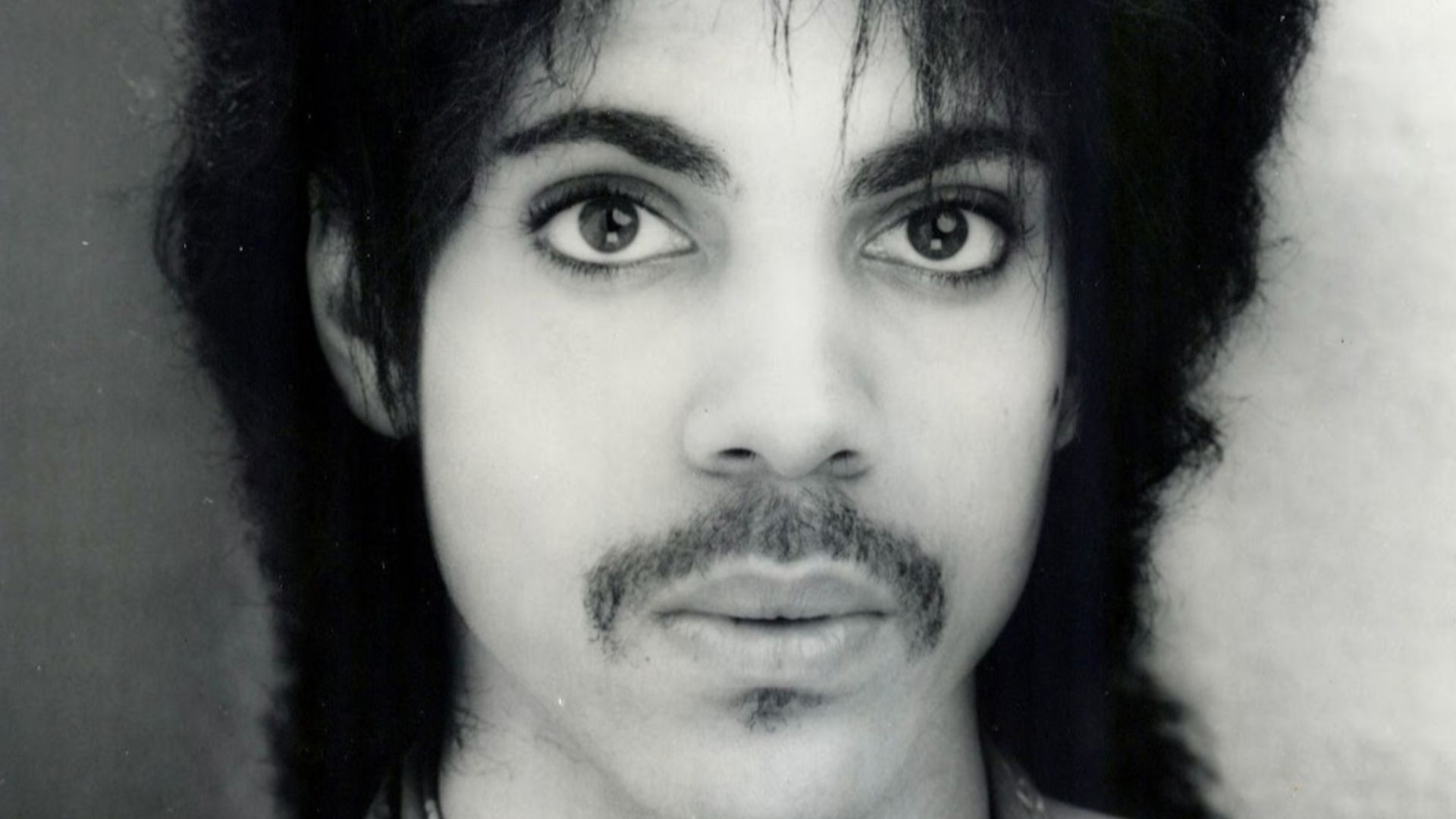 Distributed by Warner Bros. Records. Photographer unknown., Wikimedia Commons
Distributed by Warner Bros. Records. Photographer unknown., Wikimedia Commons
The Silent Treatment
One of Prince’s signature punishments was simply ignoring people. He could cut someone off mid-sentence and not speak to them for weeks. No explanation, no closure—just ice-cold silence until he decided you were back in favor. It was psychological control at its purest.
Firing and Rehiring the Same People
Prince sometimes rehired people he’d previously fired, as if nothing had happened. For staff, it was whiplash. One day you were persona non grata, the next you were back in the fold. It reinforced the idea that only Prince’s mood determined your fate.
Demanding Total Secrecy
Prince hated leaks. If music or plans got out early, heads rolled. His obsession with secrecy extended to his inner circle not discussing personal matters, even years later. This code of silence kept his mystique alive—but also trapped former employees in a lifetime of discretion.
Choreographing Every Move
Dancers and stage performers had their movements dictated down to the smallest gesture. Every spin, every step, every glance was deliberate. Improvisation was risky unless you knew exactly what Prince wanted—otherwise you’d get a glare that could cut through stadium lights.
 Prince, Prince and The Revolution - Let's Go Crazy (Live in Syracuse, NY, 3/30/85)
Prince, Prince and The Revolution - Let's Go Crazy (Live in Syracuse, NY, 3/30/85)
The “On Call” Lifestyle
Working for Prince meant you could be called at any hour for any reason. A late-night jam session, a sudden photo shoot, a spontaneous trip—staff learned to keep bags packed and phones charged. Your personal life wasn’t yours—it belonged to Prince.
Breaking People, Then Building Them
Some believed Prince deliberately pushed people to the breaking point, then rebuilt them into better artists or workers. It was a trial by fire—cruel in the moment, but sometimes transformative in hindsight. For those who stayed, it was proof they could survive anything.
 Prince - The Most Beautiful Girl In the World, Prince
Prince - The Most Beautiful Girl In the World, Prince
The Push for Innovation
Prince never wanted to repeat himself. He urged his team to invent, not imitate, whether in music, staging, or fashion. This relentless drive for originality kept him ahead of the curve—but also left his staff constantly scrambling to meet the next impossible standard.
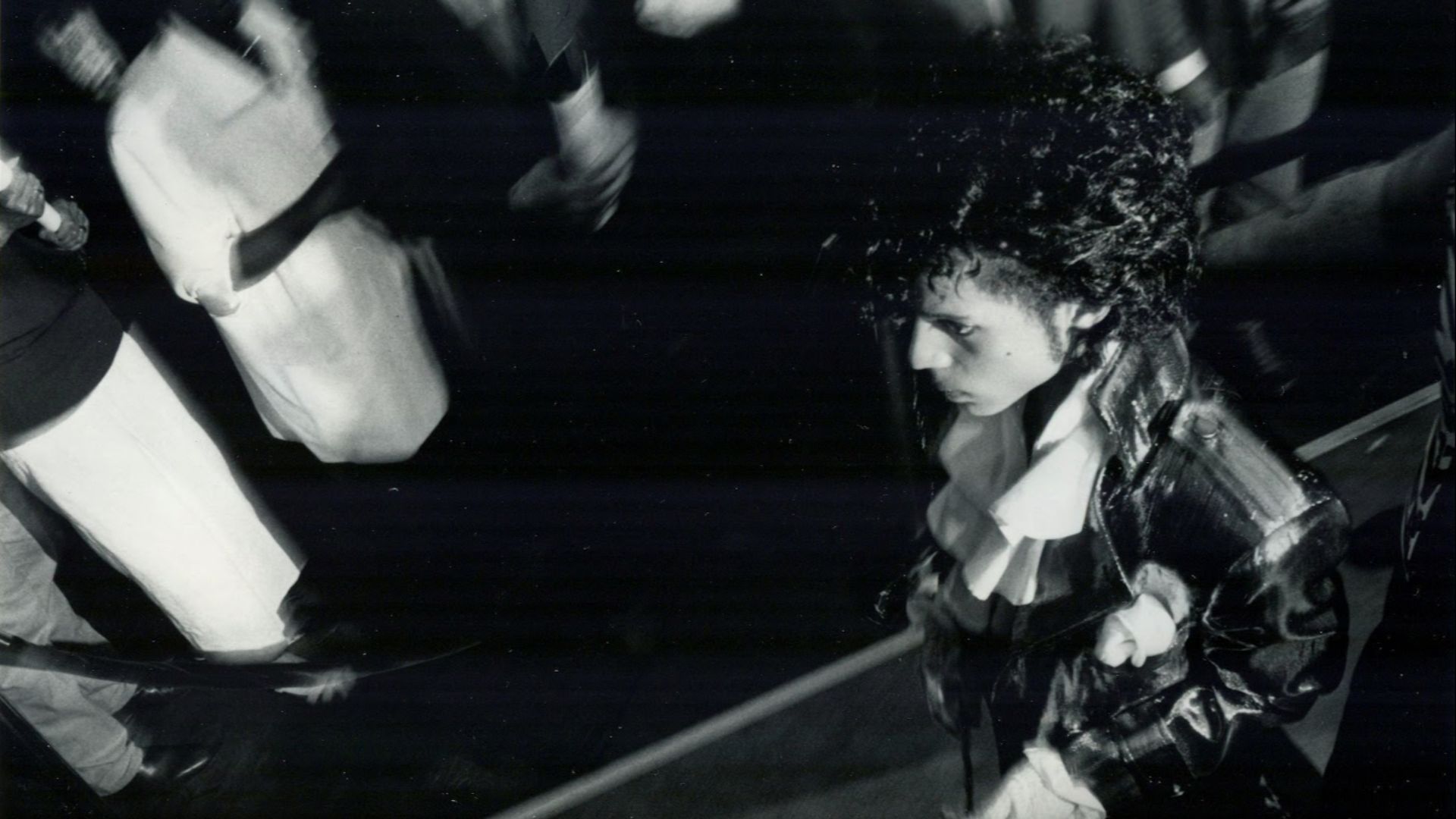 Gary Leonard; Distributed by Warner Bros., Wikimedia Commons
Gary Leonard; Distributed by Warner Bros., Wikimedia Commons
No Room for Mediocrity
Prince had no tolerance for “good enough.” If you weren’t exceptional, you didn’t last. This brutal filter meant his team was filled with top-tier talent—but it also created a culture where one mistake could end your career.
 Scott Penner, Wikimedia Commons
Scott Penner, Wikimedia Commons
The Final Word Was Always His
In any disagreement, Prince’s opinion won. Even if you had years of expertise, his vision overruled yours. For some, that was frustrating. For others, it was simply the reality of working with a genius whose name was on the marquee.
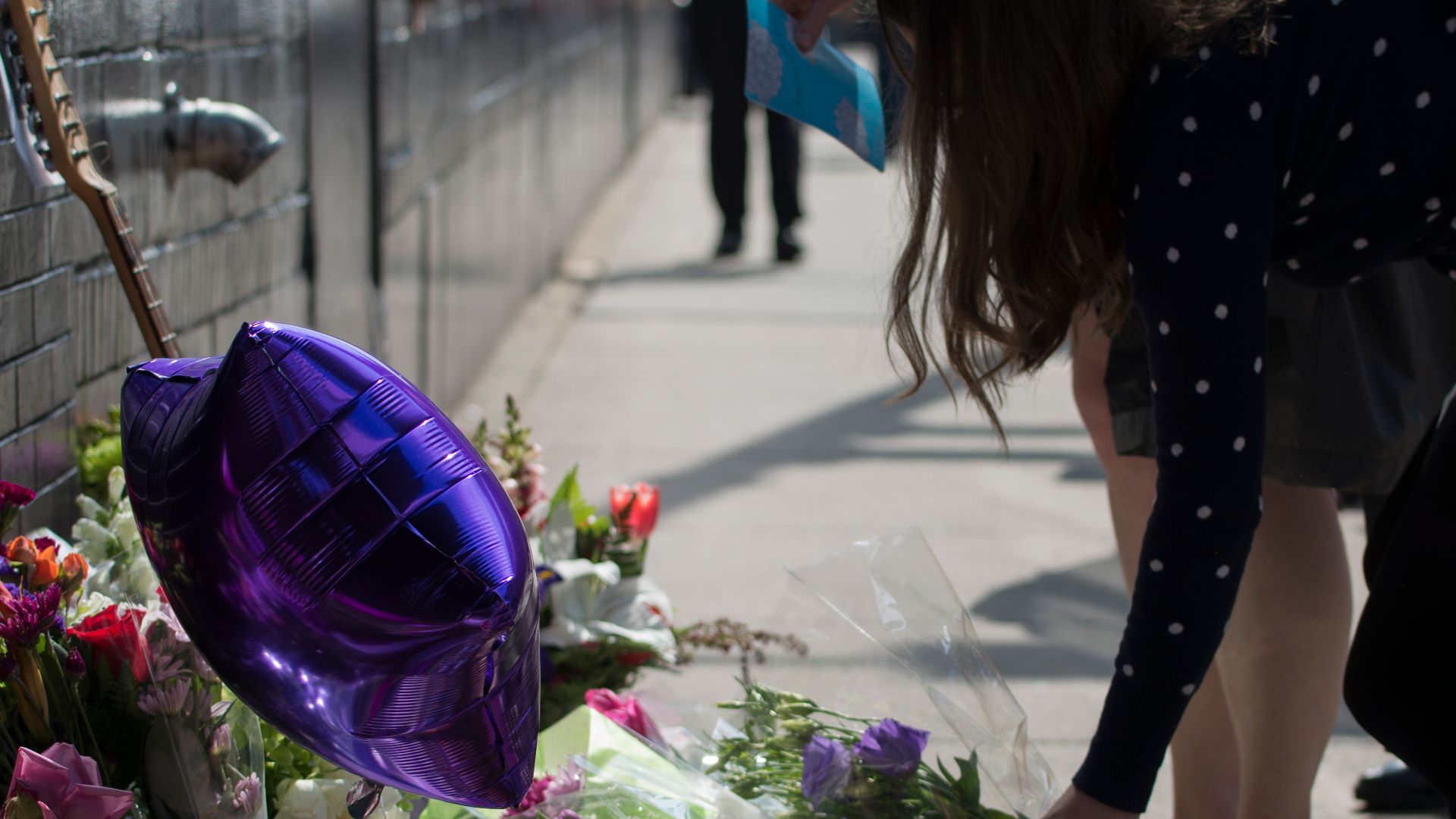 Fibonacci Blue from Minnesota, USA, Wikimedia Commons
Fibonacci Blue from Minnesota, USA, Wikimedia Commons
Life After Prince
Many who left Prince’s orbit described it as both a relief and a loss. The pressure was gone, but so was the thrill of working at the highest artistic level. Some thrived in new careers; others never found anything that compared.
The Legacy of Working for the Purple One
Love him or hate him, Prince left a permanent mark on everyone he worked with. For some, the scars were emotional. For others, the lessons were priceless. In the end, working for Prince was like standing next to a supernova—you’d either be burned or illuminated, but you’d never be the same.
You Might Also Like:
1980s Bands That Totally Disappeared

